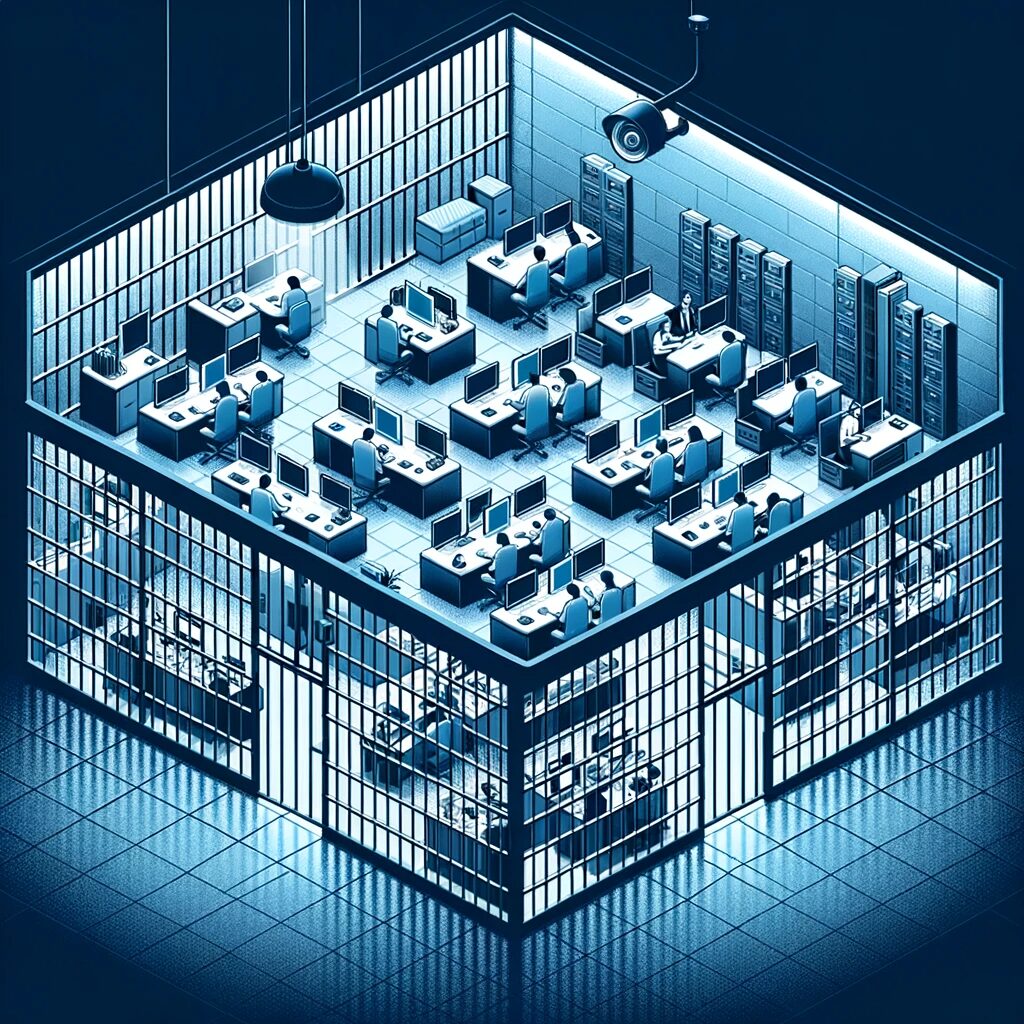Physical Offices Are a Trap Which Doesn't Solve the Productivity Problem
Remote work has proven that efficiency can increase, allowing tasks to be completed in shorter durations. The underlying tension arises when organizations realize that employees now have the autonomy to utilize this productivity surge to their advantage — be it through increased flexibility or completing tasks in fewer hours.
Confining employees to physical office spaces doesn't inherently boost productivity. It often translates to accomplishing the same workload over extended hours, merely to adhere to the conventional office timeframe.
In such settings, managers and their subordinates find inventive ways to occupy the stipulated office hours with activities that feel like work but don't necessarily generate outputs. This includes excessive meetings, casual office chatter, events, and time spent travelling between physical work environments. And worse, when managers share a physical space with their teams, there's a tendency to equate presence with productivity, thereby overlooking performance management.
A more effective approach to productivity is focusing on deliverable-based team management. Deliverables plans bridge the gap between strategic goals and operational tasks. Such a framework prioritizes outcomes over hours spent, fostering an environment free from undue pressure, which might lead to employee burnout. In this way, productivity gains may be shared more equitably between the organization and its workforce.
For organizations, the gains can translate into significant cost savings, like reduced overheads on office spaces. For employees, they pave the way for a more balanced life, minimizing unnecessary commutes and granting them the flexibility to attend to personal responsibilities, such as childcare or eldercare.
The current dynamic work environment calls for a shift in perspective. Getting trapped in traditional office setups and equating physical presence with productivity is both outdated and counterproductive. Embracing deliverable-based team management not only boosts genuine output but also fosters a harmonious balance between organizational objectives and employee well-being.
As remote work continues to reshape our understanding of efficiency, it's imperative for organizations to adapt, prioritizing tangible outcomes and the overall well-being of their employees. By doing so, it is possible to unleash the full potential of the modern work landscape.
